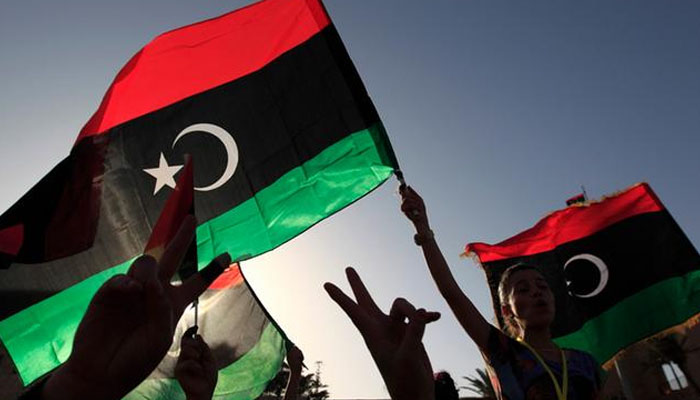Libya – Unrest and armed conflict continue

The United Nations warned that the crisis cannot be resolved through armed confrontation, noting that the solution to these issues can only come through the exercise of the right of the Libyan people to choose their leaders and renew the legitimacy of state institutions through democratic elections. She stressed that society is deeply concerned about what she described as the continuous mobilization of forces and threats to use force to resolve the political crisis in the country, and called for a halt to the escalation in the country.
Serious dialog
The Speaker of the Libyan House of Representatives, Counselor Aguila Saleh, invited the members of the House to attend an official session in the city of Benghazi next Thursday, stressing that the Council must continue to work with the relevant Libyan institutions and all actors to bring the electoral process back on track as soon as possible, according to Vision’s report.
Haitham al-Warfaly, a Libyan political analyst, said: The situation in Libya is very difficult in light of the current state of internal feuding in the Libyan political arena, which has caused many internal crises.
The Libyan political analyst added that the basic solution at the present time for the Libyan crisis depends on serious dialog, which is included in the serious work to hold new elections in Libya, stressing that the Libyan situation will not be effectively solved until elections are held so that the country does not fall into a crisis and danger.
Crisis between two parties
Tarek Al-Majrisi, a researcher at the European Council for Foreign Relations, said that Libya is squeezed between two men, one of whom claims to be a prime minister, who is trying to seize power from a rival with international recognition, but has no impact in Libya. Fighting is taking place between the two groups that are playing with insecurity, illegitimacy or the efficiency of politicians in strengthening democratic institutions. He added that Libya is moving from war to a ceasefire, completing the political process that leads to the spread of corruption, and then returning to war again, but with every turn, services and infrastructure are deteriorating from neglect, the quality of life of citizens is diminishing, malicious foreign actors are gaining greater influence, and the hope of saving Libya is weakened.
He explained that the chaos in Libya would spill over to destabilize a growing group of countries around it, further fueling geopolitical crises ranging from the collapse of democracy in Tunisia to the multinational confrontation in the eastern Mediterranean, and the chaos in Libya has made it an attractive hub for fighters, arms smugglers and drug gangs operating across Africa.












